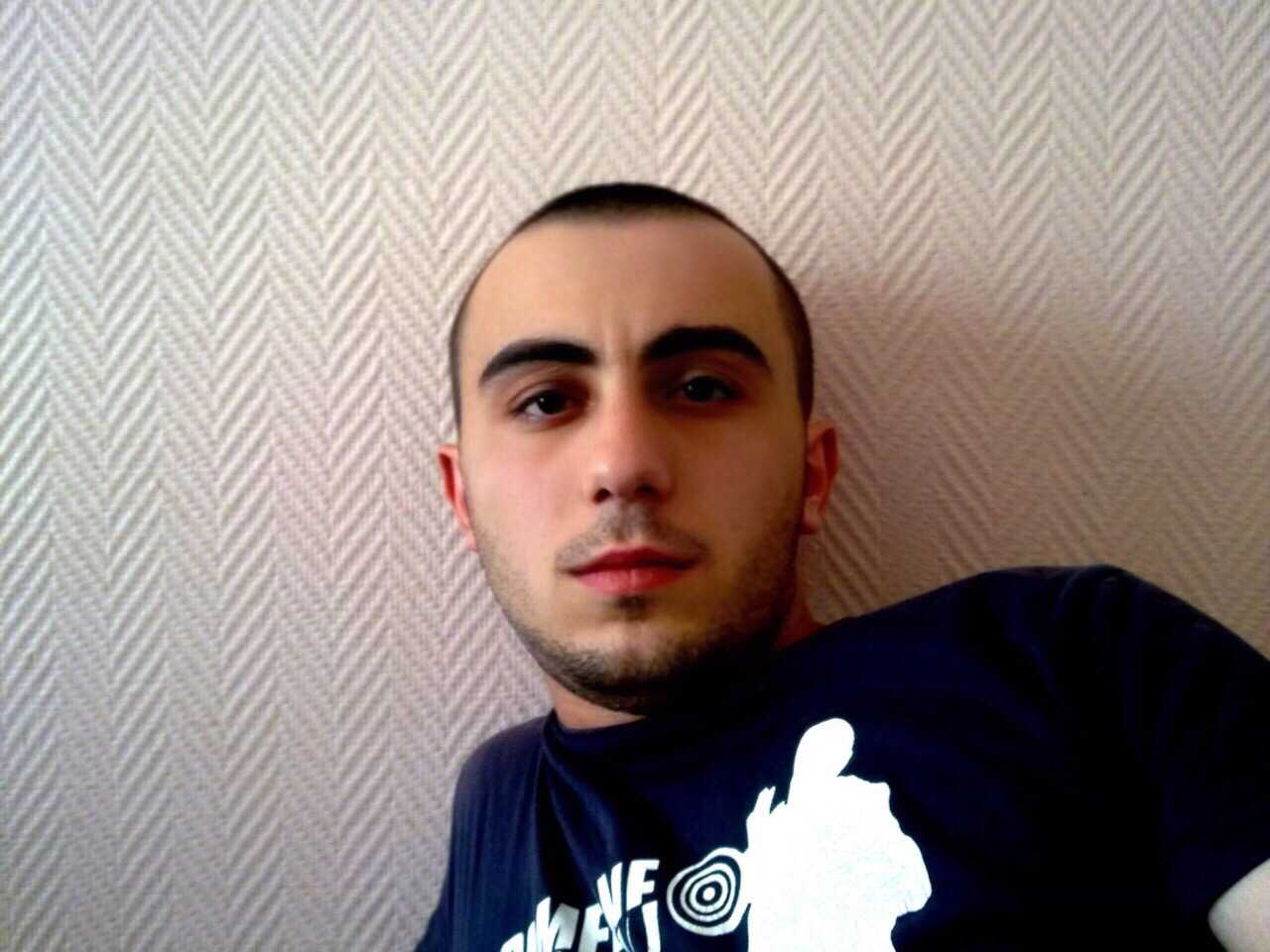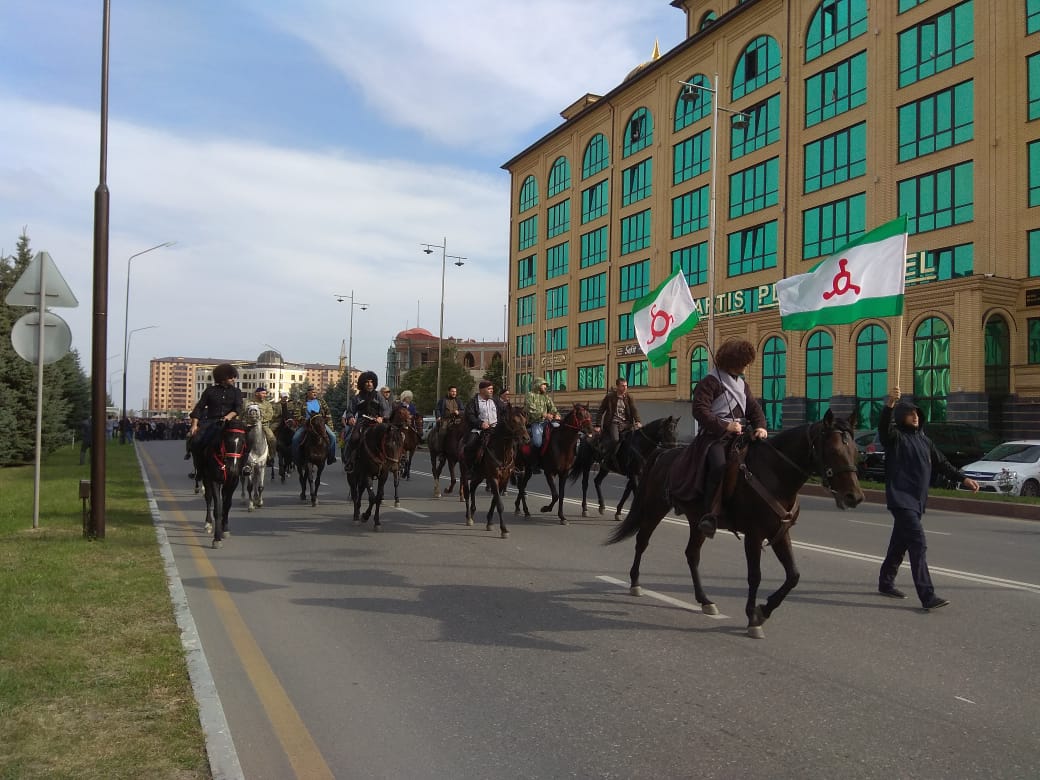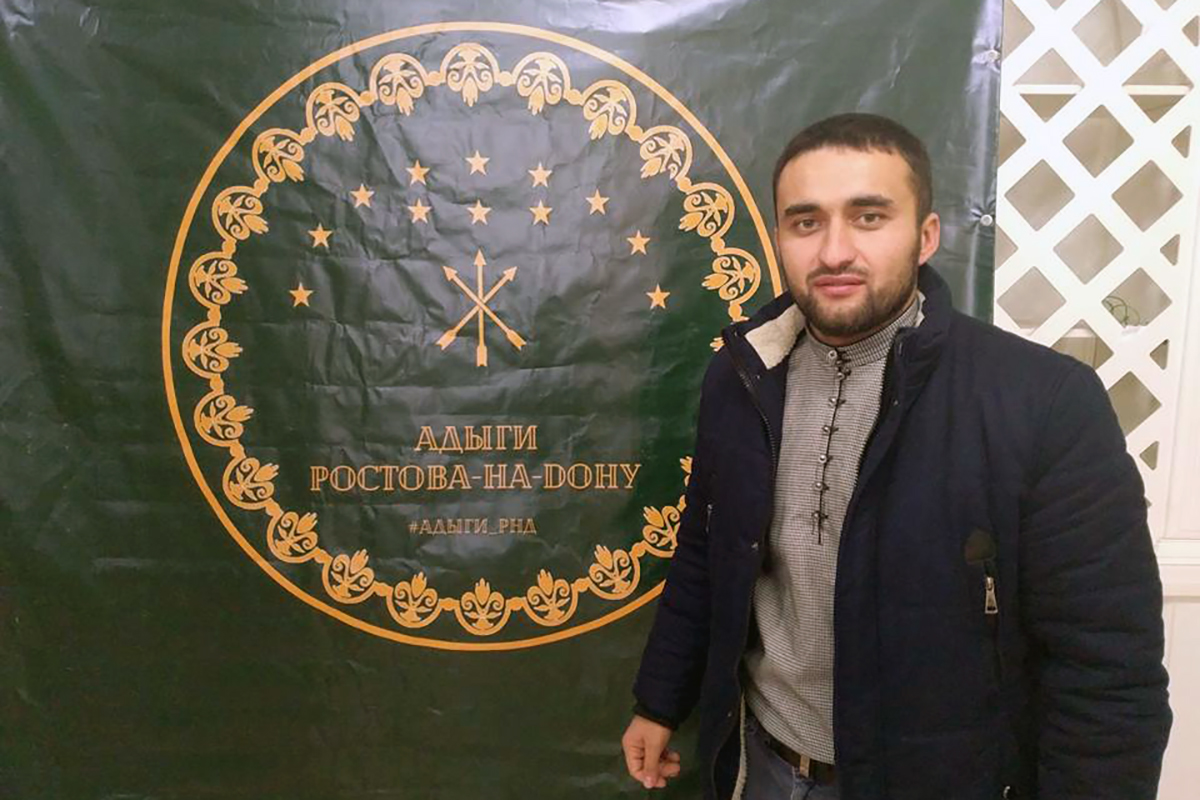

A journalist from Ingush news site Fortanga who was arrested in July on drug possession charges has been released under house arrest.
Rashid Maysigov was detained by the FSB at his home on 12 July and a bag of white powder was allegedly found on him. He has been in detention since.
[Read on OC Media: Activist and journalist arrested and ‘tortured’ in Ingushetia]
Magomed Aushev, Maysigov’s lawyer, told OC Media that the investigators failed to prove in court that there was a risk Maysigov would influence the course of the investigation if released from custody. They had asked the court to extend Maysigov’s pre-trial detention.
Maysigov managed Fortanga’s social media pages. Fortanga was set up in the wake of a controversial land deal between Ingushetia and Chechnya and covered the protests surrounding the deal extensively.

Aushev said that during Maysigov was tortured with electric shocks during his interrogation, but that no traces of torture were found on his body. After his arrest, Maysigov confessed that the drugs belonged to him.
According to EurasiaDaily, medical examiners that Maysigov was taken to after being detained found that he was intoxicated, that there were traces of cannabis in his blood, and traces of heroin on his hands.
After Maysigov was released into house arrest, Aushev told OC Media that later tests, while he was in pre-trial detention, showed that there were ‘no drugs in his body’.
Pressure on Fortanga
During his questioning by the FSB, Maysigov gave evidence against the founder and editor-in-chief of Fortanga, Isabella Yevloyeva.
According to a copy of the questioning protocols obtained by OC Media, Maysigov said that Yevloyeva had handed him leaflets of an ‘extremist nature’ calling for Ingushetia to secede from Russia and to join Georgia.
Such leaflets appeared overnight in Magas and Nazran, the capital and largest city of Ingushetia, in May.
The author of the leaflets was not disclosed and activists opposed to the land deal accused the authorities of disseminating them themselves, calling them a ‘provocation’.
Maysigov subsequently retracted these statements.
On 14 July, two days after Maysigov’s arrest, Fortanga’s website was blocked in Russia. According to Roskomnadzor, the Russian communications regulator, the site contained ‘material that is included on the Federal List of Extremist Materials’, that was added to the list by the Bataysk City Court of the Rostov Region in 2013.
[Read more on OC Media: Russia blocks Ingush news site Fortanga]
Shortly before Maysigov’s arrest, Yevloyeva stepped away from her duties as editor of Fortanga citing threats against her family. After relocating them to Europe in October, she resumed her duties.
Yevloyeva told OC Media that ‘Rashid’s detention, as well as his arrest, were a complete surprise’.
Commenting on Maysigov’s transfer to house arrest, Yevloyeva said that she ‘would like the same decision to be made with respect to political prisoners in the case of the riots in Magas, if not out of legitimacy, then at least out of the principles of humanity’.
A Controversial Land Deal
More than 30 participants of protests in Magas on 27 March are currently being held in pre-trial detention centres in Nalchik and Vladikavkaz. They are accused of making calls for riots and violence against government officials. Their lawyers have requested their transfer to house arrest.
Many well-known public figures in Ingushetia and Russia made sureties for some of those arrested, but the courts have so far declined to satisfy the defence’s requests.
The case has become known as the ‘Ingush Bolotnaya Case’, after the prosecutions of protesters from a large demonstration in 2012 on Moscow’s Bolotnaya Square.
The main demands of the protesters in Ingushetia was the resignation of then–head of Ingushetia, Yunus-Bek Yevkurov, and the cancellation of the border agreement with Chechnya signed on 26 September 2018.
[Read on OC Media: Ingushetia’s head to step down after eight months of turmoil]
Under the widely unpopular deal signed by Yevkurov and his Chechen counterpart Ramzan Kadyrov, Ingushetia handed around 340 square kilometres (9% of its territory) to Chechnya.
‘Usual practice’
Maysigov was held in the Karabulak pre-trial detention centre in Ingushetia for more than 4 months.
‘Lawyers constantly appealed against his arrest, but the appeals were not satisfied. Our position was reasonable and legal. I don’t know what influenced it, but they complied with the law’, Aushev said.
Ruslan Mutsolgov, a lawyer and head of the Ingish branch of liberal opposition party Yabloko, said that Maysigov’s case was similar to that of other ‘political prisoners’.
‘The drug-planting business has been operating in our country for many, many years. This is a common practice in Russia’, Mutsolgov told OC Media.
Journalists and government critics have frequently been prosecuted in Russia, especially in the North Caucasus, in cases rights groups insist are fabricated.
Others similar prosecutions in recent years include those of Martin Kochesoko, the leader of Circassian youth group Khabze, Oyub Titiyev, the head of Russian rights group Memorial’s Chechen branch, Zhalavdi Geriyev, a Chechen journalist who reported on rights abuses in the Caucasus, and Nikolay Yarst, a Sochi-based investigative reporter.

[Read from the OC Media editorial board: Editorial | I/We are Golunov, and Geriyev, and Kochesoko…]
Mutsolgov said that Maysigov’s transfer to house arrest was unlikely to be a sign of the government softening its approach to activists.
‘Perhaps this is due to the materials of the case and the inability to keep Maysigov isolated from society’, he said.
Mutsolgov said that he would like to hope that Maysigov’s transfer to house arrest ‘will bring the whole case to a legal framework, the court will take into account the objective situation and appoint him a fair sentence’.
Nevertheless, he added that Maysigov being placed under house arrest instead of released on bail showed that ‘there will be a guilty verdict’, although ‘somewhere deep down, I really hope for an acquittal’.









